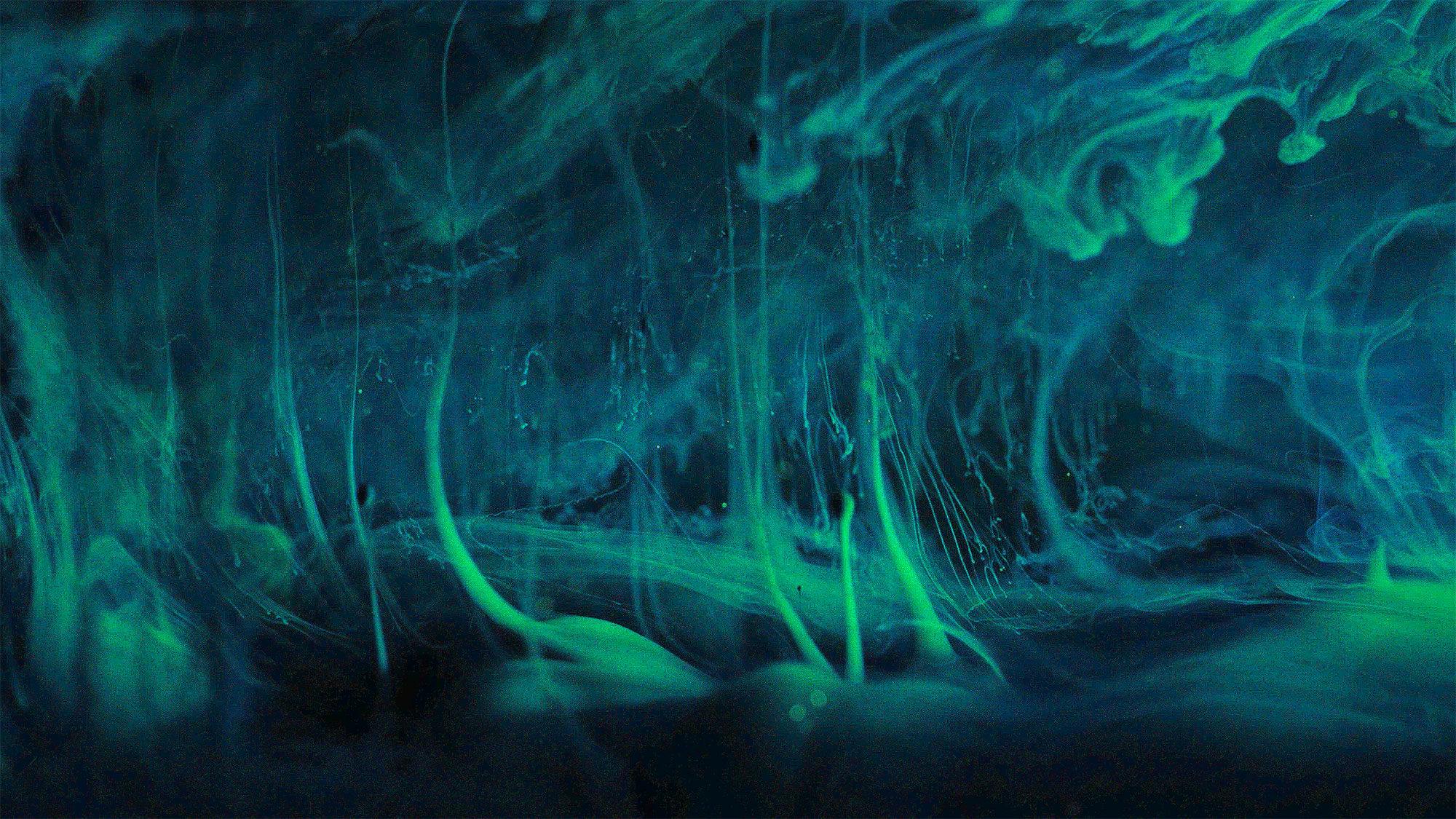Latest News
Factory Settings at Tate Exchange: Personalised journeys through creative education
Tuesday, 20 February, 2018 — Following on from 2017’s Tate Exchange takeover we were invited back for their 2018 programme, inspired by artist Clare Twomey’s theme of production. Plymouth College of Art is a Tate Exchange Associate.
<h5><strong>Plymouth College of Art and <a href="http://plymouthschoolofcreativearts.co.uk/" target="_blank" rel="noreferrer noopener">Plymouth School of Creative Arts</a> invited members of the public to hit factory reset on mainstream models of schooling by clocking into <a href="http://www.tate.org.uk/whats-on/tate-modern/tate-exchange/workshop/factory-settings" target="_blank" rel="noreferrer noopener">Factory Settings</a>, the college and school’s education factory.</strong></h5>
<p>As part of <a href="http://www.tate.org.uk/visit/tate-modern/tate-exchange" target="_blank" rel="noreferrer noopener">Tate Exchange</a>, participants had the opportunity to <strong>explore and experience personalised journeys through creative education</strong>, across three days on Level 5 of the Blavatnik Building, Tate Modern. Tate Exchange is an ambitious <strong>‘open experiment’</strong> which allows other organisations and members of the public to participate in Tate’s creative process, running events and projects on site and <strong>using art as a way of addressing wider issues in the world around us.</strong></p>
"The Tate space offers new possibilities for learning and, in art education, there is no ‘subject’ to hide behind. So this is all about you. What are you going to make of all this?”
<p><strong>Factory Settings - Beta testing a new, agile model of education</strong><br />Posing the question ‘How does art make a difference to people’s lives and society?’ <strong>over 1000 visitors</strong>, who clocked into Factory Settings, were encouraged to disrupt the system, deconstruct the production line and navigate their own routes through an eclectic range of workstations and encounters.</p>
<p>By engaging in making and unmaking, learning and unlearning, participants enjoyed a transformative experience that cannot be prescribed or predetermined. In a world of automation, participants rediscovered their creative autonomy and helped <strong>design a new blueprint for the future of arts education</strong>. Each workstation was designed and operated by staff and students from the school and college community.</p>
<p>Extended Diploma in Art & Design students Rose Lovegrove and Artemis Guy from our Pre-Degree campus said: “Working in Tate on a performance piece inspired by traditional workers has really inspired us. It’s so much more immersive creating a performance here compared to a school environment because there’s always an audience here in Tate, and so everything you do throughout the day reacts to that criteria.</p>
<p>"There’s something powerful about creating art here, away from the stress of being graded, where we can really concentrate on doing what we want to do.”</p>
<p><strong>How did visitors participate?</strong><br />From guerilla screen-printing to purposeful protest, and from student scrutiny boards to disruptive quality controllers – visitors journeyed through a range of production stations, discovering the potential for creative encounters and <strong>leaving with a new perspective on what education is and can be.</strong></p>
<p>Extended Diploma in Art & Design students Rebecca Winn and Will Osborne designed the felt hair station, a participatory piece that ended in performance: “We’ve collected hair from hairdressers around Plymouth and are accepting donations from people that visit Tate. We’re giving people patches of hair to sew together and at the end of the week, we’ll set fire to it.</p>
<p>"The project is about bringing and binding people together, then burning the hair to destroy the judgements that come from the way different people view each other.”</p>
<p>School’s out and learning with purpose was in at the DE-SCHOOL station, where visitors swapped sitting at a desk for <strong>performative group 'swimming lessons'</strong> and experimented using fruit and vegetables as part of a <strong>playful alternative beauty regime.</strong><br /><br />There were opportunities for visitors to combine protest and politics by signing a manifesto on the importance of craft skills and joining <strong>a picket line that disrupted productivity</strong> across the production stations. Whichever path was chosen, every station offered a new way to participate, with lots of opportunities to create artwork to take home at the end of the sessions.</p>
<p>A simultaneous network of educational production stations took place remotely at Plymouth College of Art and Plymouth School of Creative Arts sites in the South West.</p>
<p><strong>Making Learning</strong><br />This is the second year that Plymouth College of Art and Plymouth School of Creative Arts have occupied Tate Exchange, following the <strong><a href="http://www.tate.org.uk/whats-on/tate-modern/workshop/tate-exchange/making-learning" target="_blank" rel="noreferrer noopener">Making Learning: Pop-Up School and Symposium</a></strong> in January 2017, which explored the success and value of their radical and progressive continuum of creative learning and practice in the South West established in 2013, ranging from early years to Masters level study.</p>
<p>Factory Settings at Tate Exchange builds on the outcomes of the Making Learning: Pop-Up School and Symposium to <strong>ask questions about the value of art and creativity to society and its impact on the lives of individuals</strong>, as well as questioning how we can <strong>challenge mainstream models of education</strong> to create something truly transformative that challenges conformity and promotes autonomy.</p>
<p>Professor Andrew Brewerton, Principal of Plymouth College of Art, said: “Authentic learning is transformative, not transactional. Factory Settings will dismantle the exam machine, clear the shop floor and restore the purpose of learning to the business of living a life. The Tate space offers new possibilities for learning and, in art education, there is no ‘subject’ to hide behind. So this is all about you. What are you going to make of all this?”</p>
<p><strong>Join the conversation #MakingLearning</strong></p>
<p><strong>Tate Exchange: Production was supported by Maryam and Edward Eisler, Red Hat Inc., Paul Hamlyn Foundation and Art Fund. With </strong><strong>founding</strong><strong> support from </strong><strong>Freelands</strong><strong> Foundation.</strong></p>
<p>Photos by Sarah Packer, BA (Hons) Photography graduate.</p><ul><li><a href="https://cms.plymouthart.ac.uk/courses/ba-hons-illustration/">Find out more about our work as a founding associate of Tate Exchange.</a></li><li>Follow us on <a href="http://facebook.com/plymouthcollegeofart" target="_blank" rel="noreferrer noopener">Facebook</a>, <a href="http://twitter.com/plymouthart" target="_blank" rel="noreferrer noopener">Twitter</a> and <a href="http://www.instagram.com/plymouthcollegeofart" target="_blank" rel="noreferrer noopener">Instagram</a>.</li></ul>
